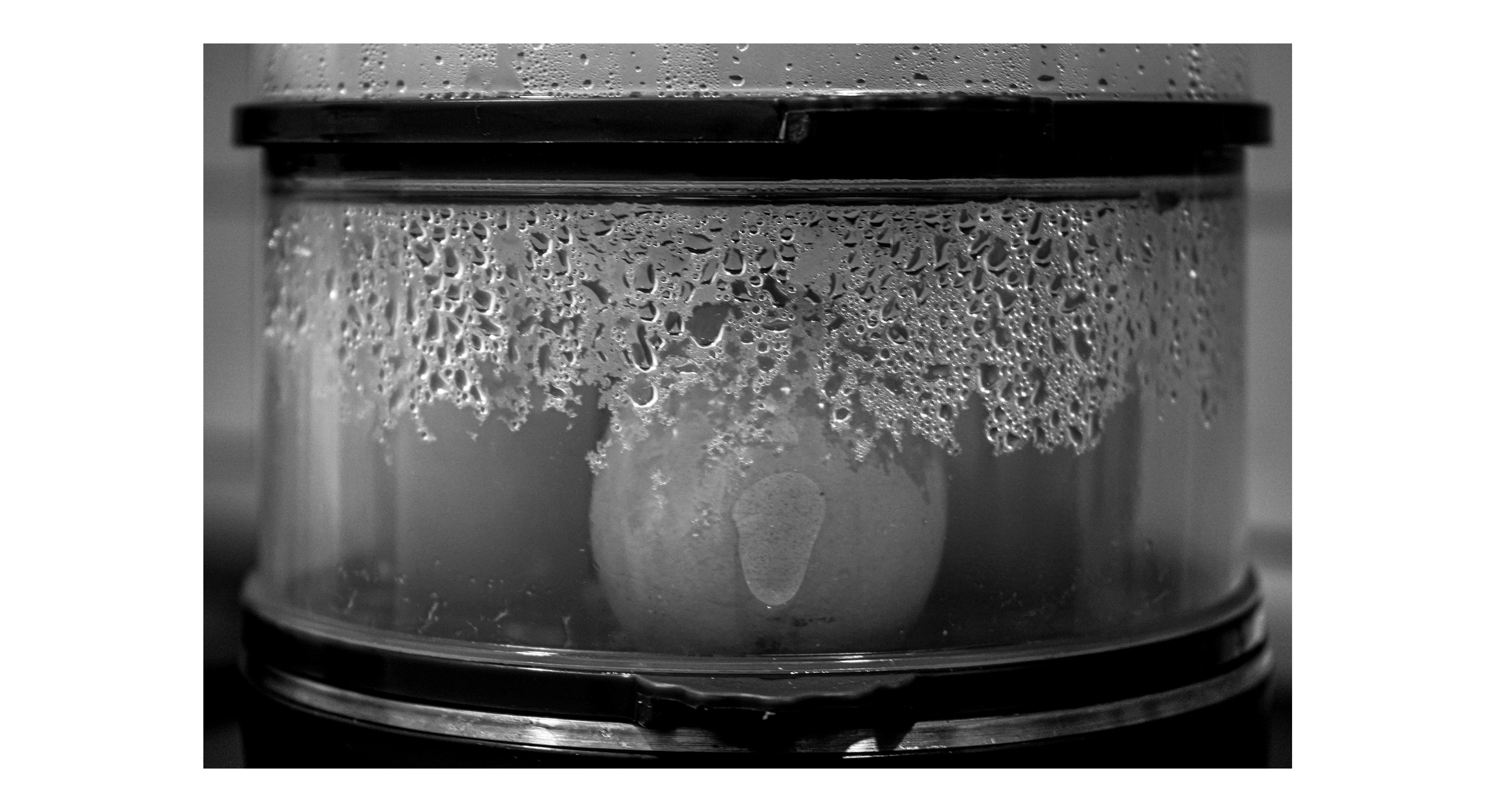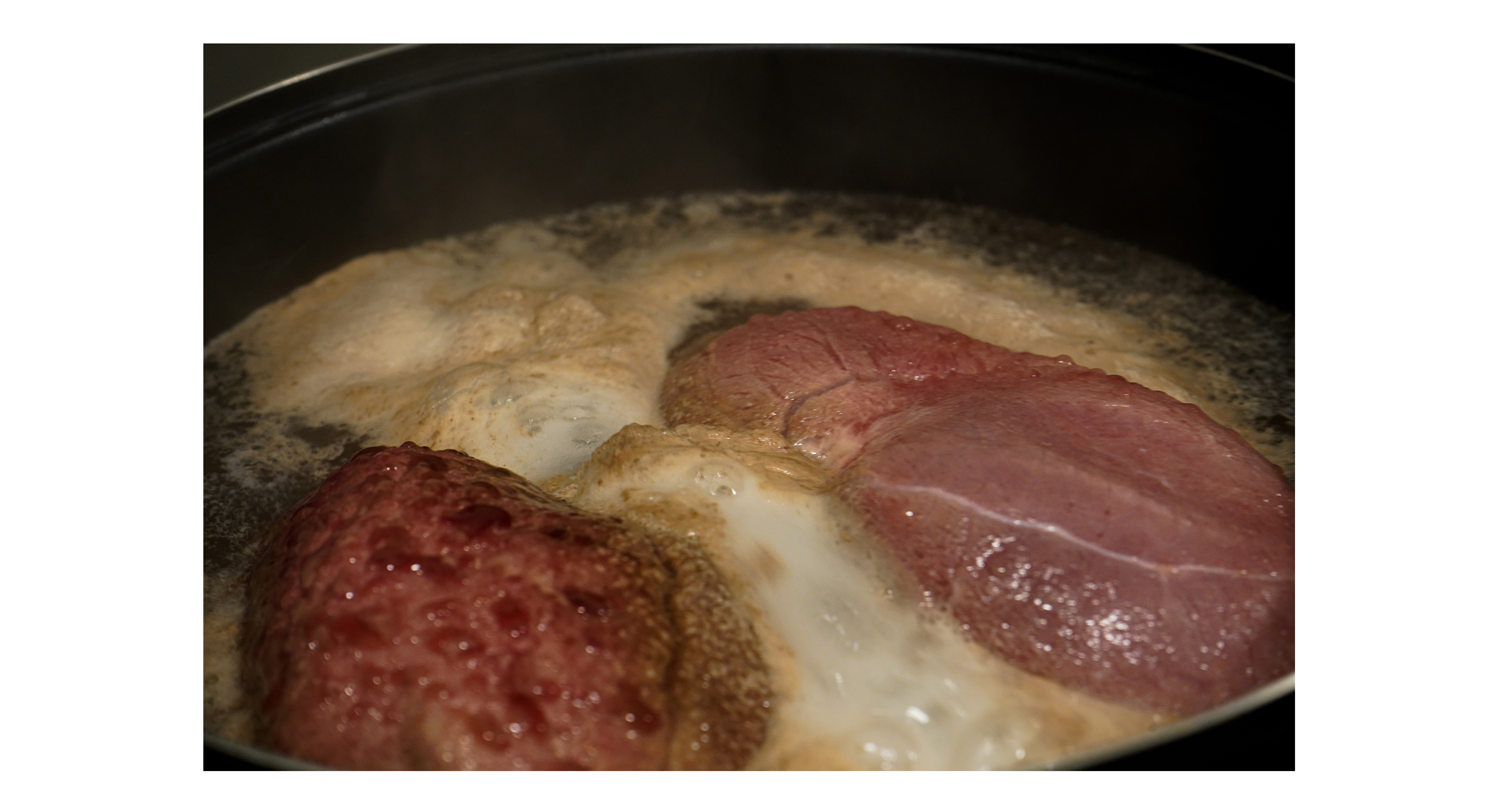
Biological theory asserts that as organisms ascend the biological chain, their survival necessitates the consumption of increasingly substantial resources: water, electricity, internet, gas, and food. Contemplating the gradual elimination of these resources, ones we often take for granted in our daily lives, raises intriguing questions.
This contemplation naturally leads to discussions about veganism. Drawing from my own past experience with vegetarianism, I recall adopting a lighter diet, navigating social adjustments, and confronting the undeniable allure of carnivorous pleasures.


It's interesting to consider that Miró, in his creative process, claimed that his visions were born out of intense hunger, subsisting on a meager diet of dried figs. This notion of a 'State of Lack' piqued my curiosity. Could such a state potentially lead to heightened creativity and inspiration, akin to what artists often seek? I began to envision that individuals residing in monasteries, temples, or isolated homes might willingly forgo certain necessities in exchange for other forms of enrichment.
Taking inspiration from Michael Schmidt's project, Lebensmittel [Food, 2006-2010], it becomes evident that contemporary food production and consumerist ideologies have led to the erosion of our understanding of food's origins, the decline of traditional agriculture, a disregard for nature, and the devaluation of both animals and agricultural laborers. The industrialization of both human and food chains has been driven by the desire to fulfill not just basic physiological needs but also our social and spiritual cravings. Here, I present a space for reflection, one that delves into the resources consumed in the daily diet of my scientific friend, and the juxtaposition with their esteemed identity in the human realm, perched atop the biological pyramid as a scientist.